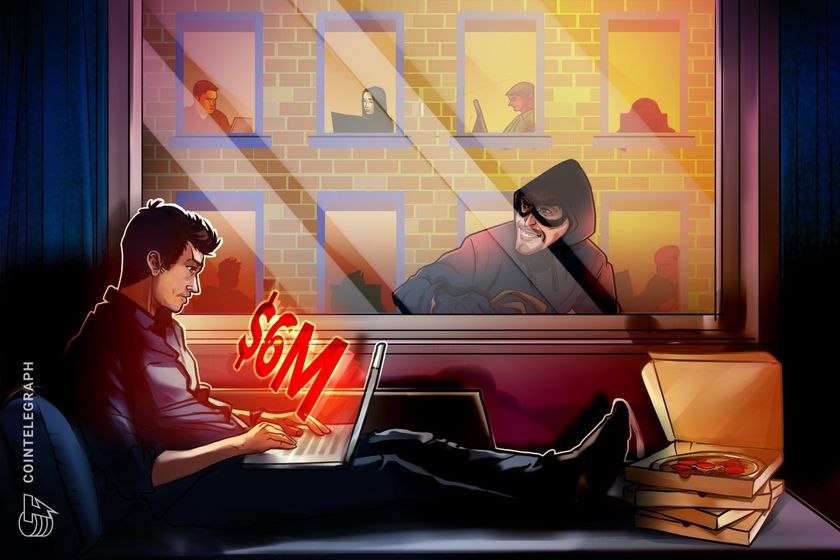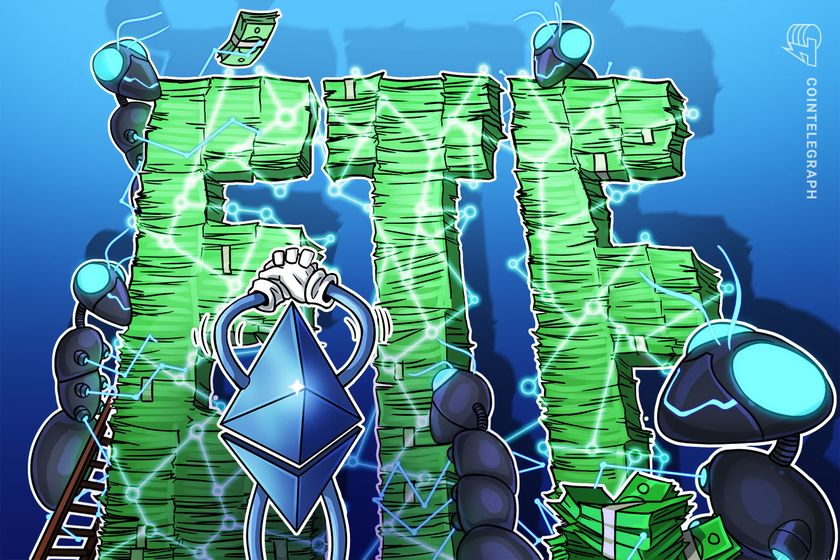Mozilla backflips on accepting crypto after ‘planet incinerating’ backlash

“Everyone involved in the project should be witheringly ashamed of this decision to partner with planet-incinerating Ponzi grifters,” said Mozilla co-founder Jamie Zawinski.
The Mozilla Foundation has put cryptocurrency donations on hold following a community backlash sparked by trenchant criticism from co-founder Jamie Zawinski.
Last week the development company behind the Firefox browser tweeted an appeal for donations in cryptocurrency.
But earlier today, Mozilla announced it had paused crypto donations due to the online discussion around crypto’s environmental impact.
Last week, we tweeted a reminder that Mozilla accepts cryptocurrency donations. This led to an important discussion about cryptocurrency’s environmental impact. We’re listening, and taking action. 1/4
— Mozilla (@mozilla) January 6, 2022
Mozilla said it will continue to explore decentralized web technology, but will only resume crypto donations if it fits with their climate goals. It said that in the spirit of open source, Mozilla will be transparent in the review process and share constant updates.
The drama began on Dec. 31st when the organization put out a call for cryptocurrency donations via the BitPay platform.
The non-profit’s post attracted the disapproval of some members of its community, including Mozilla co-founder Jamie Zawinski. Although he has not been associated with Mozilla since 2000 he criticized the organization in the strongest possible terms:
“Everyone involved in the project should be witheringly ashamed of this decision to partner with planet-incinerating Ponzi grifters.”
In a blog published on his website on Jan. 5th Zawinski further talked about the cryptocurrency industry and what he argues is its unrealistic business model. Zawinski argue the industry manufactures pollution and turns it into money.
Some members of the community called for Mozilla to delete its call for donations and to spell out how accepting crypto was in line with its mission to fight the ongoing climate crisis.
Twitter user Melissa (@mcbyrne) said, “Bitcoin is bad for [the] climate,” while @seglegs questioned why Mozilla was an “enabling environmental catastrophe” by supporting crypto.
Some community members pointed to a company blog about the organization’s climate commitments on Jan. 21 last year in which CEO, Mitchell Baker, is quoted talking about Mozilla’s and his commitment to protecting the environment and facing the climate crisis.
According to the New York Times, Bitcoin mining consumes more than 91-terawatt hours of electricity per year — nearly 0.5% of global electricity consumption annually.
Mozilla is only latest high profile example to face the ire of some users after making crypto and NFT related announcements. In recent months Ubisoft, Square Enix, Kickstarter, and Discord have all faced criticism due to the environmental effects of mining and professed concerns over crypto scams and frauds.
Popular video gaming company, Square Enix, faced criticism from gamers on social media when President Yosuke Matsuda showed appreciation for blockchain gaming, NFTs, and the metaverse over the weekend. Then again, money speaks louder than keyboard warriors and his comments led to a 8% gain in share price.
Related: New LGBTQ token aims for equity but raises red flags with community
Gaming giant Ubisoft faced harsh criticism by its users, upon announcing the launch of in-game NFTs on Dec. 7th. Despite a significant backlash, Ubisoft will continue with its initiative in the form of dynamic NFTs with Aleph.im.
Also in early December Kickstarter announced plans to develop a decentralized crowdfunding platform. Some users threatened to abandon the platform owing to the environmental impact of crypto.
On Nov. 9th, Discord’s CEO, Jason Citron, shared a tweet signaling the company’s intent to allow users to connect a crypto wallet with their accounts. Users expressed their concerns and talked about the amount of energy required to process blockchain transactions and the potential for money laundering and scams in crypto and NFTs.
Just two days after publishing the tweet, Citron backtracked and said the company had no current plans on integrating Web 3.0 concepts and is committed to protecting its users from fraud, spam, and scam.









